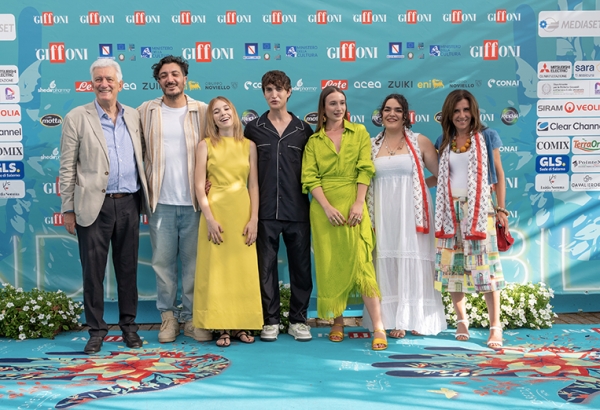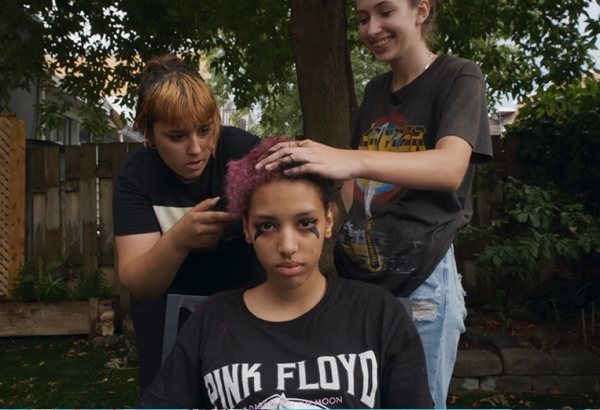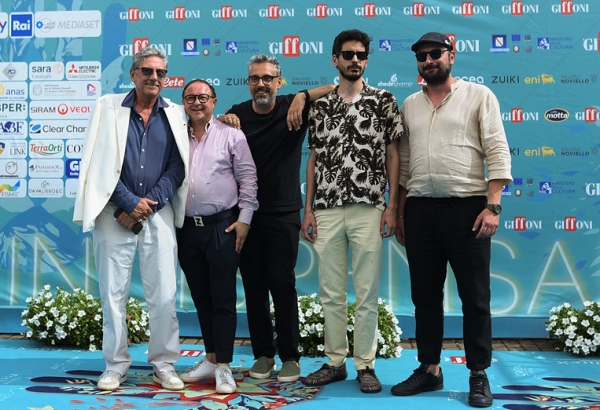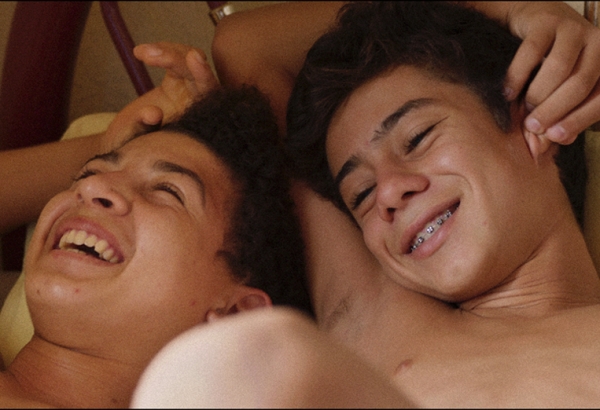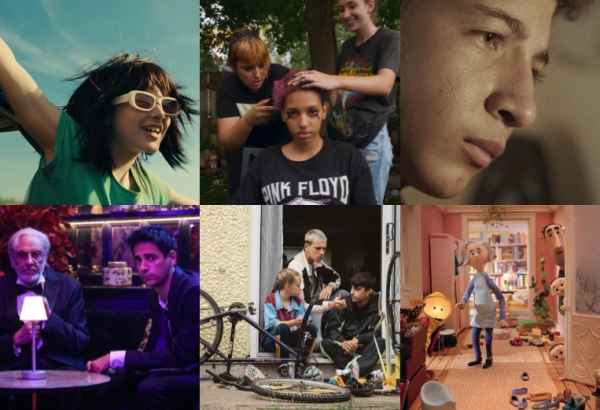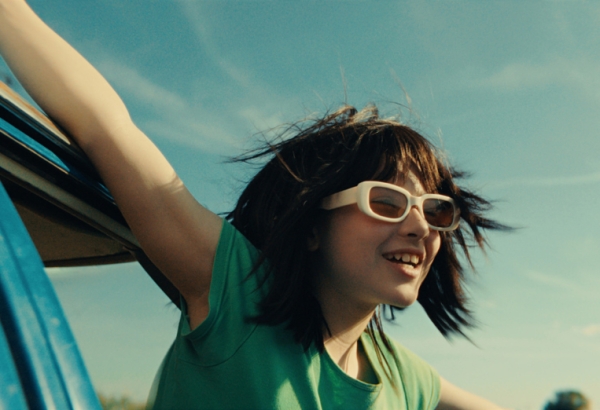
"It's all or nothing", Kiddo. That's how life works." Karina is a woman who lives at a thousand miles per hour pace. She often tells her daughter ‘Maybe I went too far', but she thrives on excess and her whole existence is a vertigo, a whirlwind. She cannot help it, the ordinary doesn't suit her: she climbs onto trucks to catch a view; she throws her mobile phone out of the speeding car 'to be alone with you, Kiddo'. She even tells her 'I'm ready' when she turns up at the door of the foster home where her daughter is staying, but then warns her: 'We are on the run, heading for Poland'. The only rule is the absence of rules. There is no path, they just wing it. In Sala Truffaut, the jurors of the Generator +13 category are faced with a rollercoaster of emotions: a dynamic story made of cuts, twists and turns, and constant changes of perspective. What does director Zara Dwinger explore, investigate, and want to communicate? "Together with co-writer Nena van Driel, we tell the story of an eccentric and unconventional parent," she explains. "We wanted to explore the reaction of a child confronted with such a parent: it is a complex and sometimes disappointing picture, but so crazy that paradoxically enough it can enrich her life". So, the story is written from the child's point of view, through her eyes and from her perspective. It is a story of women and delicate balances. It is also possible to see the film from the mother's perspective. The director often studies emarginated women: they are a recurring feature of her work. These women are in search of a mental balance and the director investigates the impact that this painstaking quest has on child-parent relationship.
Perspectives, horizons, mental patterns, evaluation, and judgement standards often change in this film, but perhaps in the plot and story of KIDDO there never were any. It happens, for example, when Karina has a very strong breakdown: she risks abandoning her daughter in a wasteland on the way to Poland 'because I tried but I'm not ready yet, I don't know how to be a mother'. It is a scene of strong emotional impact, perhaps the strongest: when KIDDO throws away her phone and says to the wind "it's all or nothing", she knows that - in order to dive into a crazy but necessary, visceral and natural daughter-mother love - she is risking of giving up the last chance to reconnect with her foster home, her last shred of security.
But this is not an anchor she wants to hold on to. Karina, who imitates Hollywood celebrities, needs her. They travel with a snake inside their car. Then they no longer have a car: it explodes in a tragicomic scene of flames and fireworks. "It is a psychedelic film," say the jurors to the director, in the debate following the film, "it blew us away and won us over. What is the film's time and setting?” 'My idea for it was to be timeless,' answers the director, "I wanted Karina's world to be undefined. Her mother did not work in Hollywood.” Where was Karina and why did she have to spend so much time away from her daughter? 'I think Karina has been anywhere, everywhere. It is clear that she had mental problems. She either did not work at all or had minor jobs, going from one thing to another. It is ideal that the public is confused when relating to Karina: use your imagination. 'If you are a parent who has a disorder like Karina", explains the lead actress, "you don't dwell on her disorders but on the relationship. This is what Lu, the child, did. In my case, I did not think about a person with a disorder but only about acting out her behaviour. Karina is a woman who has many problems but who also has a lot of love to give and does her best to be with her daughter".















